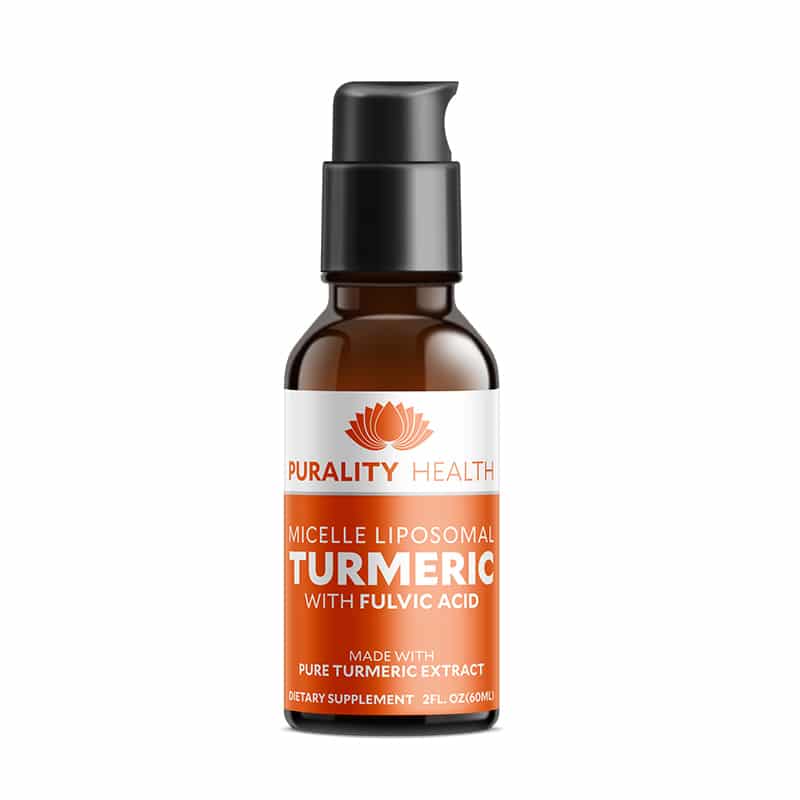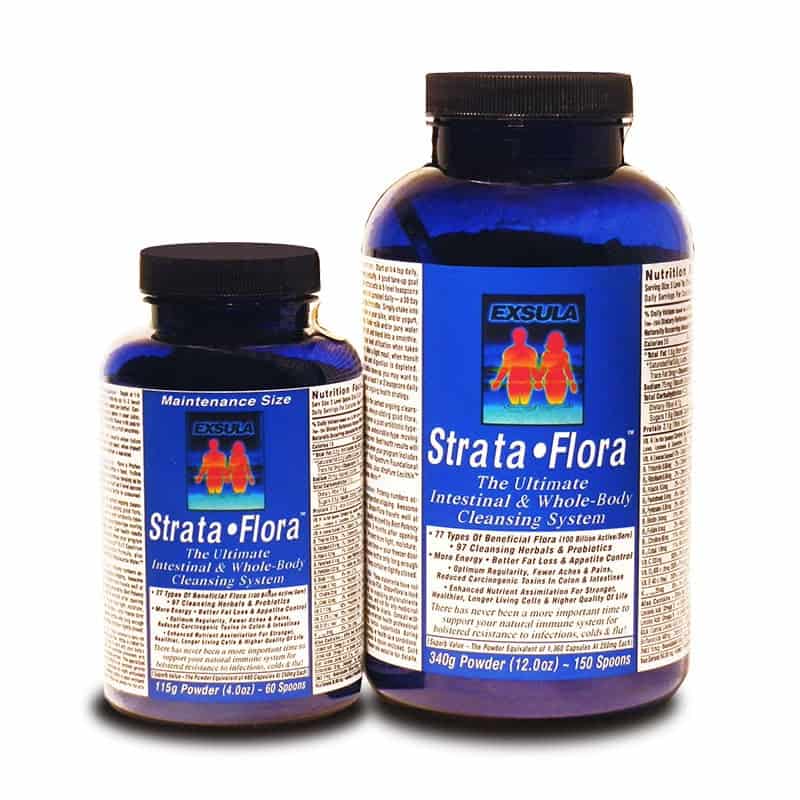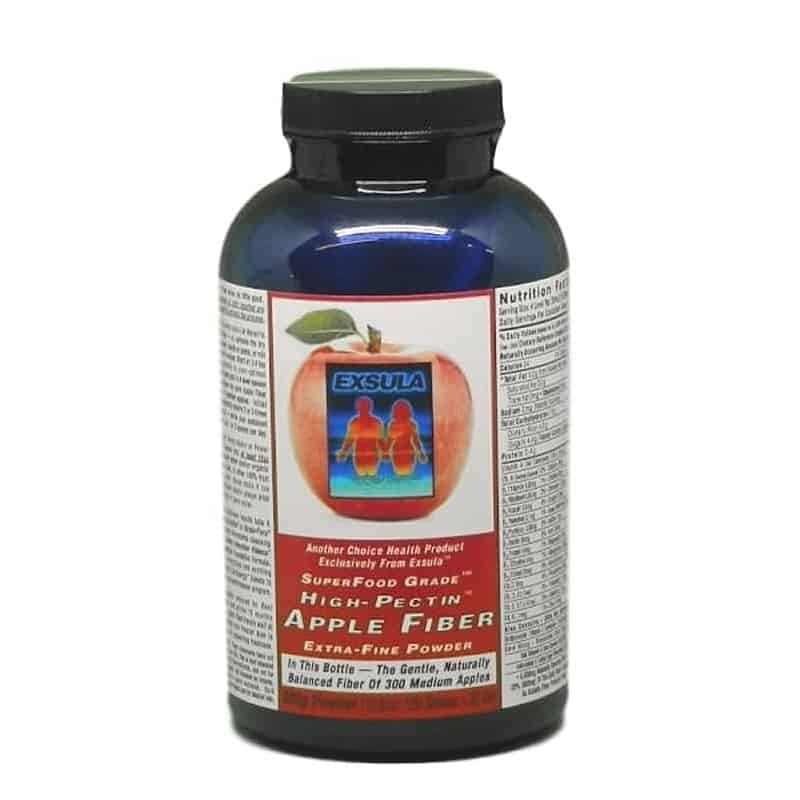No products in the cart.
Natural Antacid Alternatives: Duke
The Ultimate Compendium of Natural Remedies from the World’s Foremost Authority on Healing Herbs
Summary
Discover safer, cheaper, healthier herbal equivalents to prescription and over-the-counter drugs. Herbs are Good Medicine, Of course, the drug companies always say that their unique molecules are better, stronger, more targeted and safer than herbs. I’ll readily agree that they are stronger. In fact, they’re often too strong and have bad side effects that their herbal precursors might not have. As for pharmaceuticals being better, that’s sometimes hard to say. In some studies, herbal products clearly perform better. Ginger, for example, has been shown to be superior to pharmaceutical dimenhydrinate (Dramamine) as a preventive therapy for motion sickness. I’m not saying that pharmaceuticals are bad. I am saying that we need more research that tests herbs against pharmaceutical drugs. Until that happens, we simple won’t know which is better.
Licorice (Glycyrrhiza glabra)
German physicians have always been more open to herbal medicine than doctors in the United Sates, and they have researched herbal alternative extensively. Commission E, the body of scientists that advises the German counterpart of the Food and Drug Administration, approves licorice as a digestive aid. This recommendation is based on the medical traditions of Asia, the middle east and Europe, plus literally dozens of scientififilesc studies. Licorice contains several compounds, including glycyrrhizin acid. Licorice and its extracts are safe for normal use in moderate amounts, up to about three cups of tea a day. It is better to use a slightly processed form of the herb called deglycyrrhizated licorice (DGL). It essentially increases the production of “protective mucus” in the stomach. In one good study, DGL was at least as effective in speeding healing as the newest class of pharmaceutical drugs called ‘histamine’ blocking agents that were designed to do this.
DGL also seems to protect the digestive lining from aspirin’s ulcer “promoting” effects. Commercial licorice preparations containing DGL are readily available in natural food stores that sell herbs. If you have digestive problems, this is the preferred form of licorice to take, but clearly some of the power of the herbs is lost with the lost glycyrrhizin. If you’d like to take licorice from time to time, as an ulcer preventive. When you’re brewing some other herbal tea, add a little licorice. Licorice by itself makes a sweet, pleasant tasting tea, and when added to other teas, it serves as a sweetener. H. pylori virus is linked to stomach cancer, so you must take these conditions seriously. If you have ongoing digestive problems, be sure to eliminate all gastrointestinal “irritants”, such as tobacco, NSAIDS, coffee (both caffeinated and decaf) and soda pop.
Unripe Banana
Bananas are an old folk remedy for many gastrointestinal problems because they soothe the digestive tract. And studies with experimental animals suggest that bananas do, in fact, have a soothing effect on the stomach. One researcher noted that “bananas may be another useful addition to such well established anti-ulcer foods as raw cabbage, green tea, garlic and legumes.
Raw Cabbage juice
is a hallowed folk remedy for ulcers. It turns out that cabbage and its juice contain considerable amounts of two compounds with anti-ulcer activity, glutamine and S-Methyl-methionine. Melvin Werbach, M.D. assistant clinical professor of psychiatry at the University of California, Los Angeles, school of medicine and author to the excellent nutritional influences on illness, cites a study of people with digestive ailments who were given raw cabbage juice as a treatment. Ninety-two percent showed significant improvement within three weeks compared with 37 percent of those taking a placebo without cabbage juice. In studies of just the active compound ‘glutamine’, daily doses of 1,600 mgs proved more effective than conventional antacids in treating ulcers. The folk recommendations for digestive problems is to drink one quart of raw cabbage juice a day.
Calendula
Calendula, sometimes known as pot marigold, has antibacterial, antivirus and immune stimulating properties. Calendula has been shown to alleviate symptoms of chronic stomach inflammation which doctors call “hypersecretory” gastritis. Clinical trials in Europe have proven its effectiveness. You can make a tea with the dried herb or take a tincture. I personally enjoy a cup or two of tea made with about five teaspoons of fresh calendula flowers. It is especially good with lemon balm If you have hay fever, however, you might want to avoid taking this herb, because people who are allergic to ragweed may react to calendula as well, if you take it and have a reaction -itching or any other discomfort-discontinue use. Fennel tea would also be fine – as would anise, chamomile, coriander or caraway tea. There are other herbs that have a reputation as carminatives for the intestinal tract – but fennel is the one I recommend most frequently.
Chamomile
Several herbalists I admire recommend chamomile tea, notably Rudolf Fritz Weiss, MD the dean of German medical herbalists, and author of Herbal Medicine. He writes that “the remedy of choice for digestive ailments is chamomile”. There can be no other remedy more tailor-made, including all synthetic products. Widely used as a digestive aid in Europe, chamomile is uniquely suited to treating digestive ailments, including ulcers. This is because it combines anti-inflammatory, antiseptic, antispasmodic and stomach soothing properties.
Pineapple
Like cabbage, pineapple is fairly well endowed with “glutamine”, a compound useful for digestion. Pineapple also contains bromelain, a most effective digestive aid.
Bilberry and blueberry
Both of these fruits contain compounds known as “anthocyanosides”. In studies with experimental animals, these compounds have been shown to offer significant protection against ulcers and other digestive problems They help stimulate the production of mucus that protects the stomach lining from digestive acids.
Meadowsweet
Like willow bark, meadowsweet is a type of “herbal aspirin”. Aspirin in high doses causes ulcers, so it might seem strange to recommend it as an ulcer treatment. Many prominent herbalists do, however among them, British herbalist David Hoffmann author of several good herbals including “The Herbal Handbook”. The active compounds in meadowsweet are “salicylates”. Aspirin, on the other hand,- is nothing but salicylates, Hoffmann says that while pure salicylates do indeed cause ulcers, Whole Madowsweet helps “prevent” and “treat” them ‘despite’ its salicyate content. Other chemical compounds in whole meadowsweet, among them tannins, phenolid glycosides and the herbs essential oil, give it an anti-ulcer effect. Hoffmann unflinchingly maintains that meadowsweet is one of the best digestive herbs and recommends it for ulcers and heartburn. This makes sense to me. Several plants with proven anti-ulcer effects, including chamomile, also contain salicylates.
Rhubarb
In a Chinese study of 312 people with bleeding ulcers, rhubarb helped improve some 90 percent within a few days., I’d be careful when using this herb though, as its also a powerful laxative,. If you experience diarrhea, cut back the amount you’re taking or discontinue use altogether.
Turmeric
This culinary herbs used in Indian and Asian curry dishes, might be called the poor persons ulcer treatment. In a good study by physicians in Thailand, turmeric (250 mgs capsules taken three times a day) relieved ulcer pain only about half as well as pharmaceutical antacids after six weeks.
Red Pepper
Many Americans believe that hot spices cause ulcers. The truth is, they don’t. In fact, they may even protect the stomach and duodenal lining against them. Capsaicin, he compound that gives red pepper the heart helping properties, has been shown to reverse the damage in experimental animals that were given high, ulcer causing doses of aspirin.
Gentian
This is one of several ‘bitter’ herbs traditionally used to aid digestion. Commission E reports that the ‘bitter’ compounds in gentian stimulate the flow of saliva and stomach secretions.
Garlic
Garlic is a potent, broad spectrum antibiotic. Paul Bergner, editor of Medieval Herbalism suggests that those who are wary of pharmaceutical antibiotics for ulcer treatment might want to try a course of garlic therapy. This would involve eating nine raw garlic cloves a day. You can chop the garlic and mix it with any food that makes it palatable, such as carrot juice. Try blending two raw cloves of garlic with one carrot, for instance, I tried it and the combination tasted better than I thought it would. It’s a painless way to take a couple of cloves of garlic. You can also try whipping up an antic-ulcer gazpacho, heavy on the garlic and red pepper.
Cabbage soup
You’ll have to do a little experimenting to arrive at a flavor that pleases you. If you try the optional spices, use them sparingly, they are delicious in cabbage soup. The flavor is rather exotic.
- 3 cups water
- 2 cups shredded cabbage
- 2 cups chopped celery
- 1 cup diced organic potatoes
- 1 cup chopped okra
- 1 cup diced onions
- 1 cup chopped green pepper
- Ground red pepper
- Ground ginger
- Ground black pepper
- Ground cinnamon
- Ground clove
- Dried licorice root
Place the water, cabbage, celery, potatoes, okra, onions, and green pepper in a soup pot. Bring to a boil over high heat, Reduce the heat, cover and simmer until the vegetables are tender. Season to taste with the red pepper, ginger, black pepper, cinnamon cloves and licorice.
Other Useful Supplements & Herbs:
- Fennel
- Alfalfa
- Aloe Vera Juice
- Celery
- Brown rice
- Black Walnut
- Kelp
- Peppermint oil
- Yarrow
- Organic Yogurt
- Organic Papaya
- Proteolytic Enzymes
- Acidophilus
Ginger (Zingiber officinale)
How about ginger as an herbal alternative to cimetidine (Tagamet), ranitidine (Zantac) and famotidine (Pepcid)” It would sure taste a lot better! There are hundreds of herbs that can help soothe a troubled tummy. Here are several that I recommend.
Chamomile (Matricaria recutita)
Commission E, the German group of scientists that makes recommendations on herbal safety and effectiveness, considers chamomile effective for relieving many gastrointestinal complaints, including indigestion. Andrew Weil, M.D., professor at the University of Arizona College of Medicine in Tucson and author of Natural Health, Natural Medicine, says that the best home remedies for upset stomach are chamomile and peppermint tea. Personally, I prefer peppermint, but both are effective. While drinking chamomile tea is fine, the tincture is probably more effective. Chamomile tea has only 10 to 15 percent of the herb’s carminative essential oil, while tinctures prepared with 100-proof alcohol have much more.
Peppermint (Mentha piperita)
Most herbalists, myself included, have a special regard for peppermint’s ability to relieve indigestion. I’ve needed peppermint more often since 1990, when the Food and Drug Administration (FDA) gave me a bad case of indigestion by ruling that peppermint is ineffective for stomach distress. This does not mean that peppermint is useless. Frankly, it means that the FDA’s evaluation was useless. Commission E endorses peppermint tea for treating indigestion. Given a choice between an FDA pronouncement and a Commission E endorsement, I’d go for the German decision. Those folks did some research and really know what they’re about.
Peppermint tea works well, but I’m also partial to mint juleps, which, it turns out, work even better. Varro Tyler, Ph.D., dean and professor emeritus of pharmacognosy (natural product pharmacy) at Purdue University in West Lafayette, Indiana, notes that most of the carminative oils in peppermint and other mints are relatively insoluble in water. As a result, mint tea doesn’t contain much of the plant’s stomach-soothing constituents. It does contain enough to make it effective, but a peppermint tincture, which is made with alcohol, contains more. So if for some reason you don’t want to drink a julep, you can use a tincture instead. Follow the package directions.
Dyspepsi-Kola
If I had frequent bouts of indigestion, I’d mix up some of this tincture, which I guarantee tastes better than Mylanta. I have no recipe, so I just mix my herbs according to what I happen to have on hand. Here are the herbs I include: a dash each of angelica, anise, chamomile, coriander, fennel, ginger, rosemary and turmeric with two dashes of any of the mints, especially marjoram and peppermint. It’s okay to leave some out and to alter the mixture to suit your personal tastes. Steep these herbs overnight in the refrigerator in a mixture of alcohol and water (one shot of vodka per cup of spring water). You can drink this as a tea or add some to pineapple juice.
Coriander (Coriandrum sativum)
No wonder coriander helps soothe indigestion: Its essential oil is carminative, antiseptic, bactericidal, fungicidal and a muscle relaxant. Traditional herbalists valued coriander, especially to counteract the stomach-upsetting properties of laxative herbs such as buckthorn, cascara, rhubarb and senna. In Amazonia, wild coriander (Eryngium foetidum), with nearly the same chemistry, is added to the daily bean ration, perhaps to alleviate the flatulence the beans could generate.
Papaya (Carica papaya) and Pineapple (Ananas comosus)
Both of these fruits contain enzymes (proteolytics) that break down protein. Naturopaths and people who advocate juicing for health, among them medical anthropologist John Heinerman, Ph.D., author of Heinerman’s Encyclopedia of Fruits, Vegetables and Herbs, maintain that papaya and pineapple juice are good for relieving indigestion. If they’re right, you should also get benefits from eating other fruits that contain proteolytic enzymes, such as kiwifruit or some figs, after meals. If I had chronic indigestion, I might have these fruits for dessert more often.
Red pepper (Capsicum, various species)
Americans often believe that hot spices upset the stomach. But much of the rest of the world knows better-that hot spices like red pepper help soothe it. Red pepper also stimulates digestion.
Rooibos (Aspalathus linearis)
South African physicians recommend rooibos (pronounced roo-ih-bus) tea as an effective stomach soother that’s gentle enough to treat infant colic, according to the late economic botanist Julia Morton, D.Sc. (Dr. Morton, author of some of the best books in the field, including The Atlas of Medicinal Plants of Middle America, was killed in a car crash in 1996. It is a great loss for everyone involved in the study of medicinal plants.) Unfortunately, rooibos is available in only a handful of stores in the United States.
Assorted carminative herbs
If anything, there are too many herbal carminatives. In my database, I have more than 500 carminative entries, including all of the plants mentioned in this chapter. Most are supported by at least some research. Also included are agrimony, allspice, apples, basil, bay, beebalm, buckwheat, burdock, caraway, cardamom, catnip, celery, chervil, chives, cloves, coriander, cumin, dill, fennel, garlic, horehound, hyssop, lemon balm (also known as melissa), lemongrass, lovage, marjoram, nutmeg, onions, oregano, papaya, parsnips, pennyroyal, rosemary, sage, savory, tarragon, tea, thyme, turmeric, vanilla and yarrow. Feel free to try any of these herbs to relieve indigestion.
Assorted essential oils
Aromatherapists often recommend a few whiffs of a number of different carminative oils to settle a troubled tummy, including aniseed, basil, bergamot, chamomile, cinnamon, clove, coriander, fennel, garlic, ginger, hyssop, juniper, lavender, lemon, lemongrass, onion, peppermint, rosemary, sage, savory, tarragon and thyme. Do not ingest these oils, though, as some of them can be fatal in even small doses. The essential oils are meant to be used externally.







